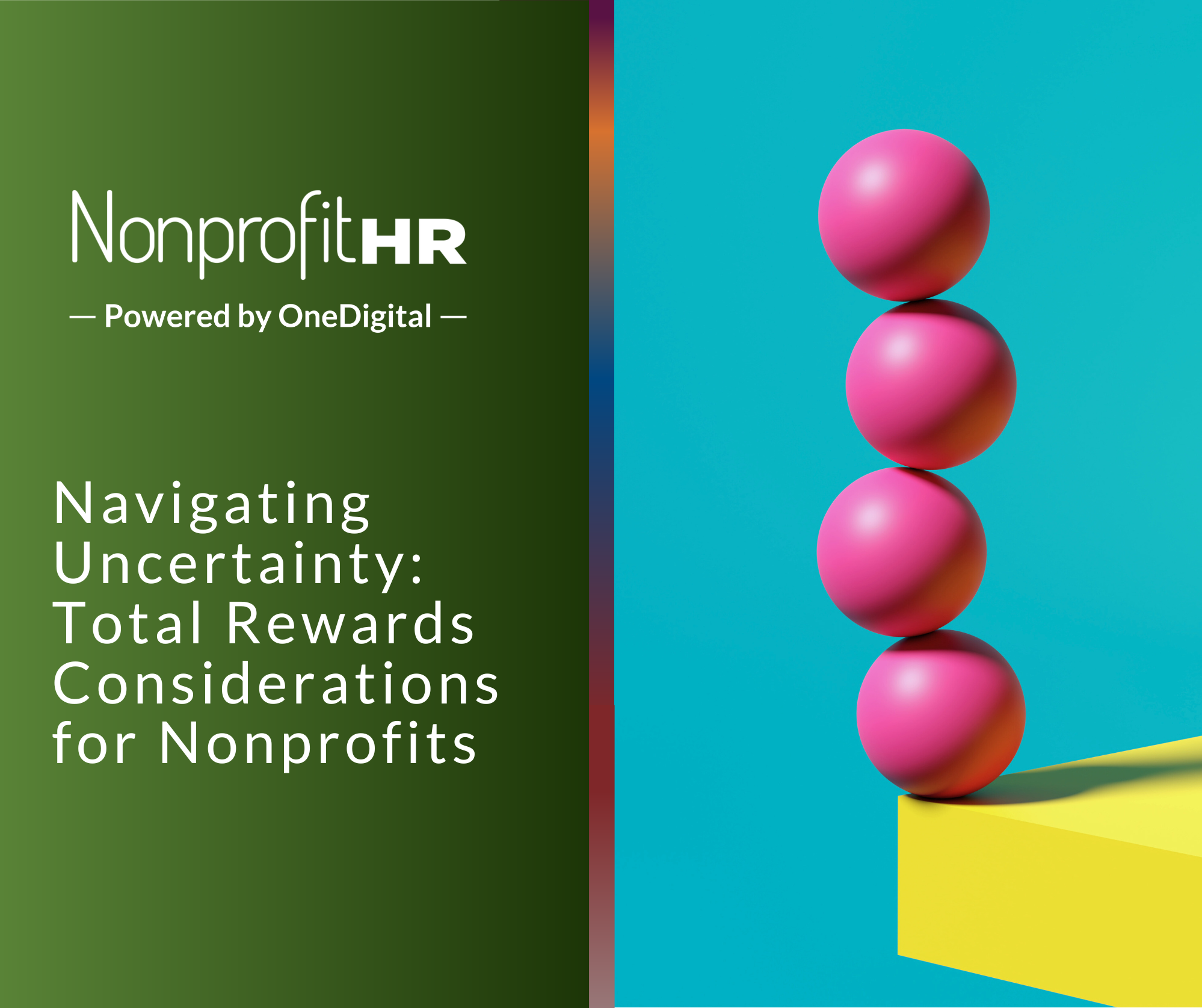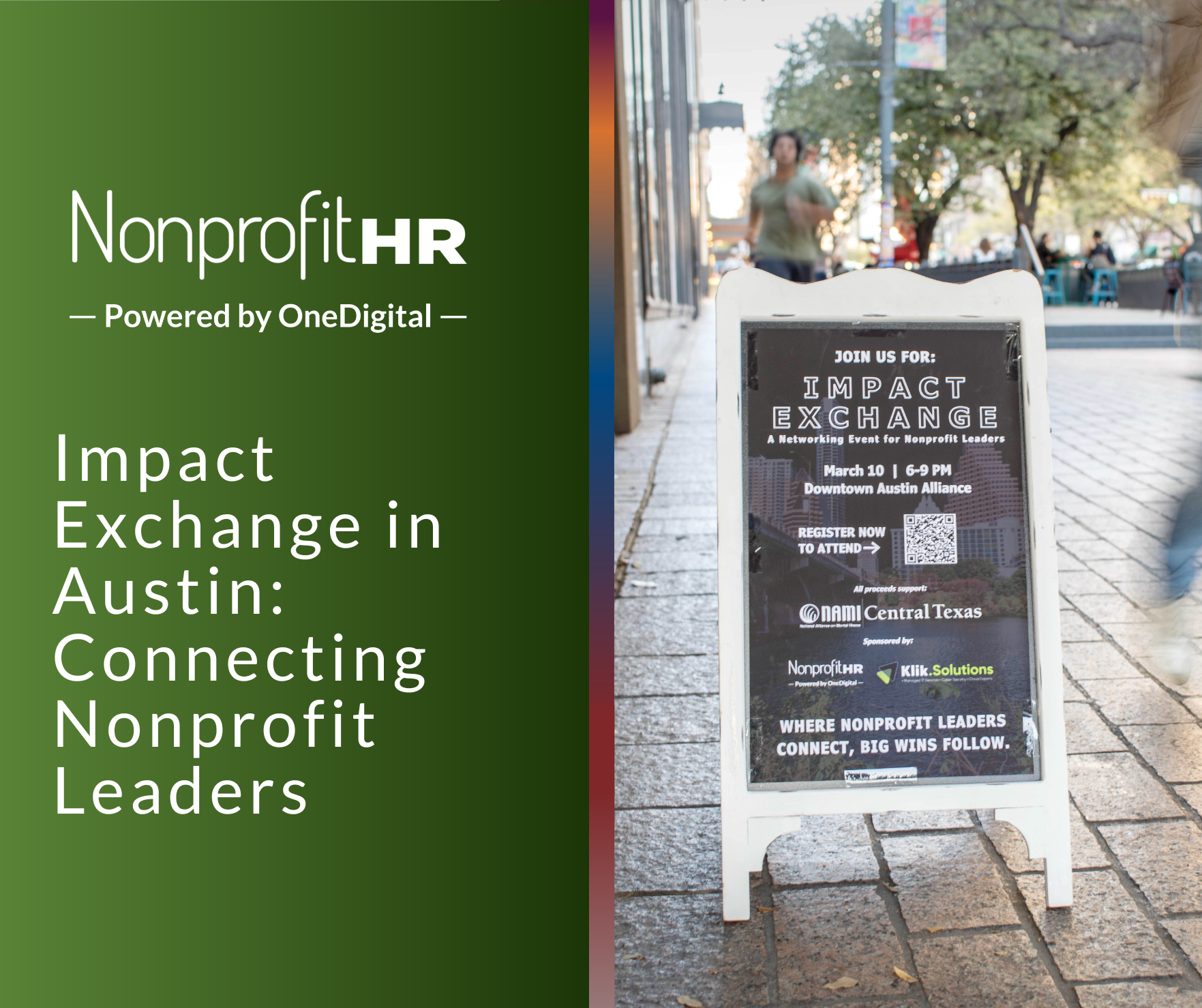WTOP: 5 ways nonprofits can…
Working at an HR consulting firm like ours can sometimes be a surreal experience. Walking onto a new client site or a prospective client site and seeing the horrors present at an organization that has had little to no HR support for years often comes close to an episode of The Walking Dead. Altering the culture of these organizations and taking it from the zombie apocalypse to a new dawn sometimes requires a mythical superhero. Fortunately, we keep mythical superheros on staff.
What is even more disturbing than an organization that has functioned for years without formal HR is an organization that has functioned years with bad HR. HR has become the Resident Evil of the organization.
Kyle Smith recently wrote a piece on Forbes.com that plainly describes a Resident Evil HR department and he asks that it be put to death.
“CEOs complain that HR seems to put compliance first, people afterwards. A survey of C-level executives in Europe found that 42 percent of respondents described their HR employees as too absorbed in process and heedless of the big picture. The blogger ‘Ask the Headhunter’ notes that your HR department will never let you fire anyone because ‘who wants to risk a lawsuit?’ Solution: fire the person anyway. And send the HR person who stonewalled you right out the door behind him.”
Smith’s columns are usually corporate-centered and tilt at anything that he thinks might hinder leadership’s ability to be successful – like wellness programs and unlimited leave.
What he and others like him fail to understand is that anything done poorly at an organization can hurt its culture and productivity.
- Bad fundraising operation – ineffective nonprofit
- Poor volunteer coordinator – ineffective nonprofit
- Bad HR practices – poor internal culture – ineffective nonprofit
- Crappy executive director – ineffective nonprofit
However, I encourage everyone to read his column on killing the HR department. It helps to know how others see HR – bad HR. Some criticisms are on-target and others are off-base, but understanding our own optics can help us better do our jobs.





























